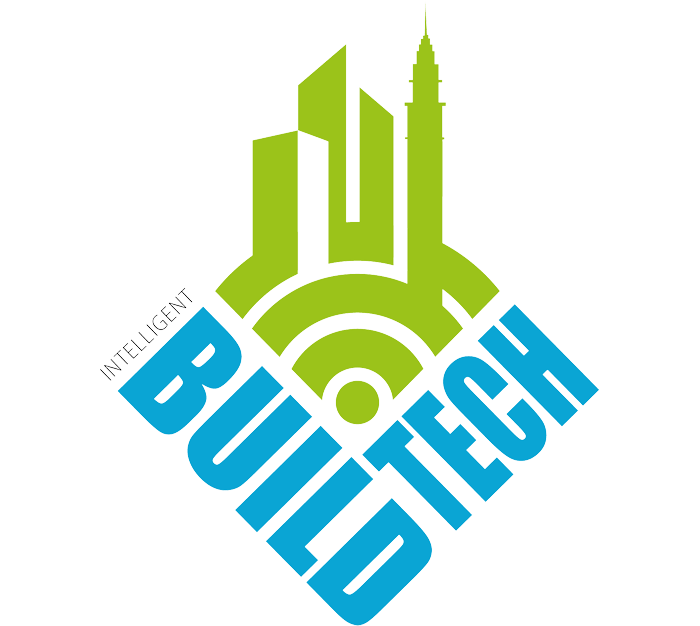Rob Bryant, EVP of APAC at InEight, dives into the importance of data in enhancing the construction industry and its role in overcoming the sector’s greatest challenges.

Today’s digital-first world has thrust data into the spotlight, making it one of the most important commodities across all markets. The use cases for data are endless and the business realisations are equally important – data helps us inform decisions, create efficiencies and shape how we spend our budgets. Without quality data, stakeholders are left grasping in the dark.
Businesses operating without the right kind of data would be the same as an enterprise without any type of financial literacy – no budgets, no accounting and no CFO. With zero regard for the fiscal health or sustainability of the business, they would spend aimlessly until the well was dry. While that type of business set-up may work for a short period of time, it’s almost certain that an organisation without awareness of its financial well-being cannot sustain it for long.
Organisations globally have fallen into similar patterns and are threatened with burnout due to data mismanagement. According to InEight’s recent Global Capital Projects Outlook, 41% of organisations are concerned about their data collection and analytics skills – a 7% increase from the previous year. It’s obvious that the drive for data literacy is there, but organisations continue to grapple with how to properly utilise their data resources.
Starting with data literacy
Many will be familiar with the term financial literacy – the skills, knowledge and behaviours necessary to make sound financial decisions. Data literacy is similar. It’s the understanding of the skills, knowledge and behaviours required to make data-driven decisions.
In construction, projects are a series of critical decisions, one after the next. These decisions are often made quickly and have a domino effect on other steps across the project lifecycle. Those key decisions can be made in one of two ways: through experience or analysis.
Experience is a traditional method of making decisions within construction. There are preferences and biases that shape the decision-making process and experience relies heavily on personal involvement. We can earn experience, but that knowledge is difficult to pass on to future generations. For the wisdom of experience to be realised, it must be captured and shared, or risk being forgotten.
Meanwhile, analysis is simply experience at scale. Analysis can consolidate the learnings of an entire organisation into a scalable and actionable resource that removes the bias layer, promoting more objectivity. This helps drive better decision-making and allows organisations to truly evolve better practice, efficiency and profitability.
Data literacy in action
Companies with massive amounts of available capital aren’t going to sit back and simply amass more capital – they’re going to reinvest those earnings into their business to secure new opportunities. The construction industry needs to view data with the same lens. The massive pools of data that construction firms have accumulated are better utilised by reinvesting that data into the business.
For projects, performance data helps owners and contractors better understand the tasks ahead, leading to tighter timelines, safer worksites and greater project certainty. Data literacy can also help provide an answer to common hurdles: the pros and cons of a certain project workflow decision.
From making better-informed decisions on materials to improving the approach to risk management, understanding data allows decision-makers at construction firms to make more strategic decisions. Proper data literacy allows owners and contracts to not only understand a project’s limitations early on in the lifecycle but to also catch potential obstacles before they materialise and create time and budget concerns. Leveraging accurate data is key to reducing future scope changes across a project and amending some of the construction sector’s most pervasive problems – running over budget and over time.
Putting data literacy into action
At the end of the day, construction is a people-driven business. The economic landscape over the last few years has caused a talent shortage and left organisations struggling to both find and retain top talent. Construction is not the only industry impacted by the talent shortage, but it has taken a hard hit.
Data may be a solution to solving the industry’s workforce issue, by allowing executive leaders to gain insight into how to make their workforce more effective. Insights pulled from data literacy empower contributors to achieve high-value outcomes, directly counterbalancing labour shortages, while data-driven views of projects allow teams to more accurately understand the requirements of each contract and action them accordingly. This all allows teams to focus on the necessary work to maintain a successful project while eliminating fruitless tasks.
New generations of talent entering the workforce have a better understanding of data literacy, but this culture of data cannot be built exclusively from the bottom up. It’s important that C-suite individuals as well as leaders across levels invest in data literacy in order to reap the benefits of data throughout the organisation.
One very human impediment to change I hear frequently when speaking with industry stakeholders is a lack of trust. Trust between parties, between project teams and between owners and contractors. An understanding and sharing of trusted project metrics is a catalyst for confident discussions and an opportunity for more trusted relationships.
All of this to say, data-driven decisions are only as powerful as the data they employ. Nearly 80% of organisations find accessible data to influence their project outcomes, but that data needs to be both structured and consolidated across the organisation in order to drive results. A company that lacks structured data can do great work with significant impact but will struggle to maintain sustainability in the process.
Data is the construction sector’s golden ticket, but it will take continued investment and focus of effort to maximise the performance of a data-literate organisation. Construction executives across every level must invest in data and their literacy to reduce risk and fuel their organisations for the future. Those that do will be leading the sector into the next decade. Those that do not will continue to fall away.




